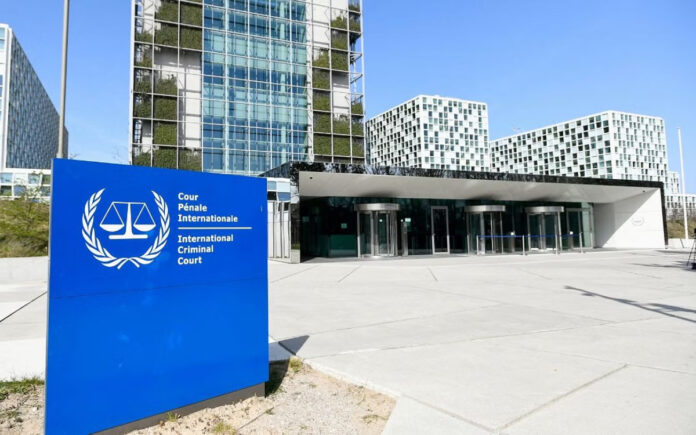Kabul: The Taliban-led foreign ministry of Afghanistan has strongly condemned the International Criminal Court’s (ICC) request for arrest warrants against two senior Taliban leaders.
In a statement released on Friday, the ministry rejected the warrants, describing them as “devoid of a fair legal foundation, characterised by double standards, and politically motivated.” The ICC prosecutor announced on Thursday that he is seeking warrants for Taliban supreme spiritual leader Haibatullah Akhundzada and Abdul Hakim Haqqani, who has served as Afghanistan’s chief justice since 2021. Both are accused of orchestrating the persecution of women and girls across the country.
The ICC prosecutor stated that the persecution has been ongoing since August 15, 2021, when the Taliban seized Kabul after a 20-year insurgency against the Western-backed government. Since their return to power, the Taliban have imposed severe restrictions on women’s rights, including barring them from public spaces, work, and education, and closing high schools and universities to female students.
The Taliban’s statement also criticized the ICC for alleged bias, claiming the court had ignored “war crimes and crimes against humanity committed by foreign forces and their domestic allies” during the two decades of Western military presence in Afghanistan.
Also Read | Pakistani Media Groups Slam New Law Targeting ‘Fake News’
Amnesty International welcomed the ICC’s announcement, calling it “an important development” in ensuring accountability. “This is a crucial step to hold accountable all those allegedly responsible for the gender-based deprivation of fundamental rights,” said Amnesty Secretary General Agnès Callamard.
However, Callamard urged the ICC prosecutor to revisit a 2021 decision to deprioritize investigations into alleged war crimes committed by international forces during their time in Afghanistan. “This decision risks contributing to perceptions of a selective approach to international justice which prioritises the interests of powerful states and their allies over the right to justice of victims of crimes under international law,” she said.



